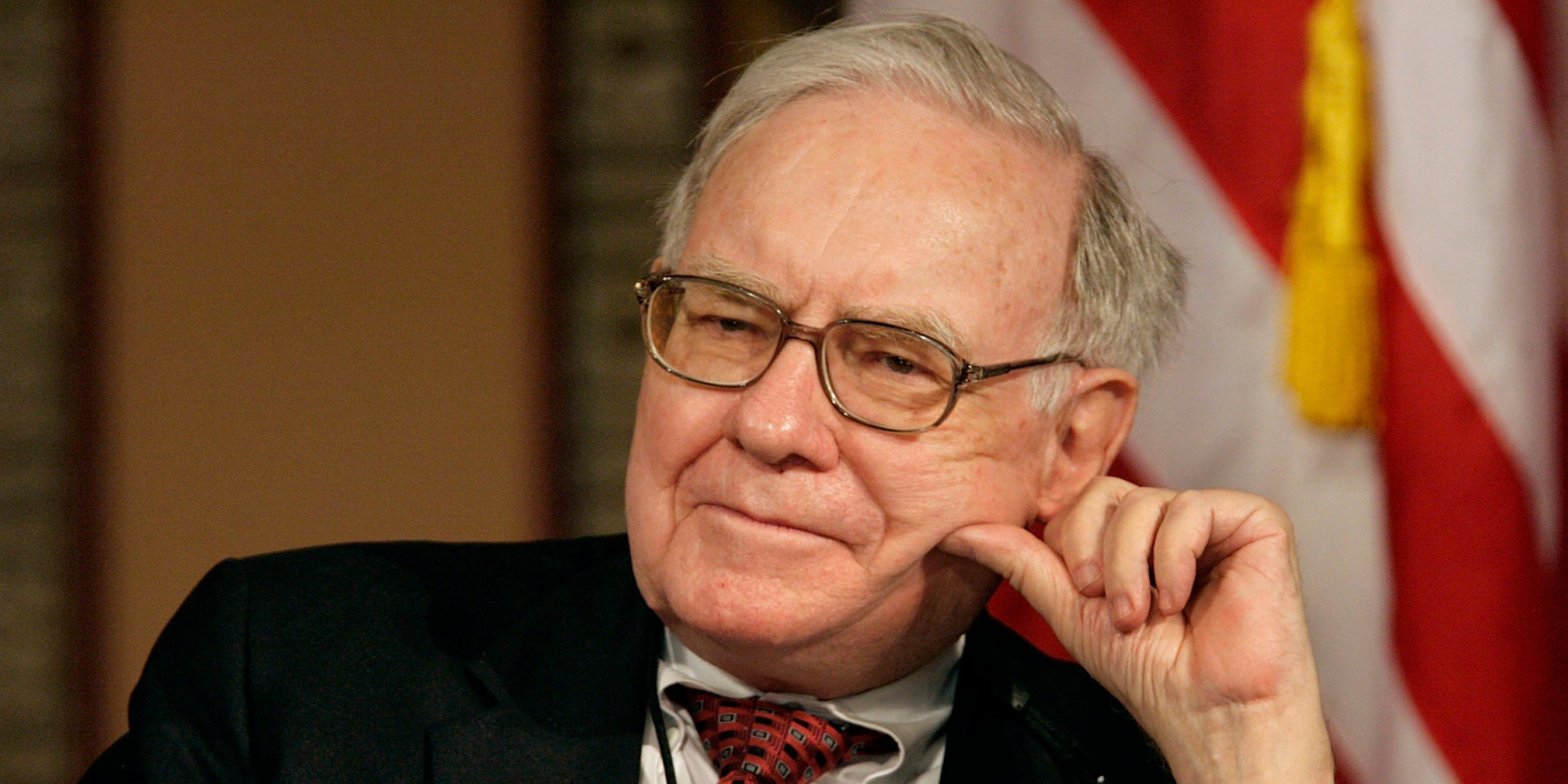Warren Buffett issued a negative outlook for the US economy on Saturday. The Berkshire Hathaway CEO said the boom period for his businesses has ended. Higher interest rates and banking pressures are stoking fears of a US recession and credit crunch. Loading Something is loading.
Thanks for signing up!
Access your favorite topics in a personalized feed while you’re on the go.
Warren Buffett expects an economic downturn this year, he said during Berkshire Hathaway’s annual shareholder meeting on Saturday.
“The majority of our businesses will actually report lower earnings this year than last year,” the famed investor and Berkshire CEO said, attributing the expected downturn to a wider economic decline.
Berkshire owns scores of businesses including Geico, See’s Candies, and the BNSF Railway. It operates in a raft of industries including insurance, energy, real estate, railroads, manufacturing, retail, and services. The scale and scope of its operations mean investors view it as a microcosm of the US economy.
Buffett underscored that many of Berkshire’s businesses have performed well over the past couple of years. They benefited from rock-bottom interest rates, and the US government flooding the economy with money to offset the impact of the COVID-19 pandemic.
“That period has ended,” Buffett said. “It’s a different climate than it was six months ago.”
The Federal Reserve has hiked interest rates from virtually zero to upwards of 5% within the past 14 months, in an effort to curb historic inflation. Higher rates encourage saving over spending and raise borrowing costs, meaning they typically erode demand, lower asset prices, and increase the risk of a recession.
Moreover, higher rates have heaped pressure on banks by slashing the value of their fixed-income portfolios. They’ve also driven depositors to withdraw their money in droves and park it in higher-yielding bonds and money-market funds instead.
Those factors have fueled the current banking turmoil. Silicon Valley Bank and Signature Bank both failed in March, and JPMorgan recently scooped up the embattled First Republic Bank.
The chaos has fanned fears that banks — in a bid to shore up their finances and prepare for further bank runs — could pull back on lending, cause a credit crunch, and drag the economy into a recession.
Buffett emphasized that higher rates aren’t entirely bad news for Berkshire. He noted the company is likely to earn about $5 billion from its roughly $125 billion in cash, Treasuries, and other short-term investments this year, up from about $50 million a couple of years ago.
